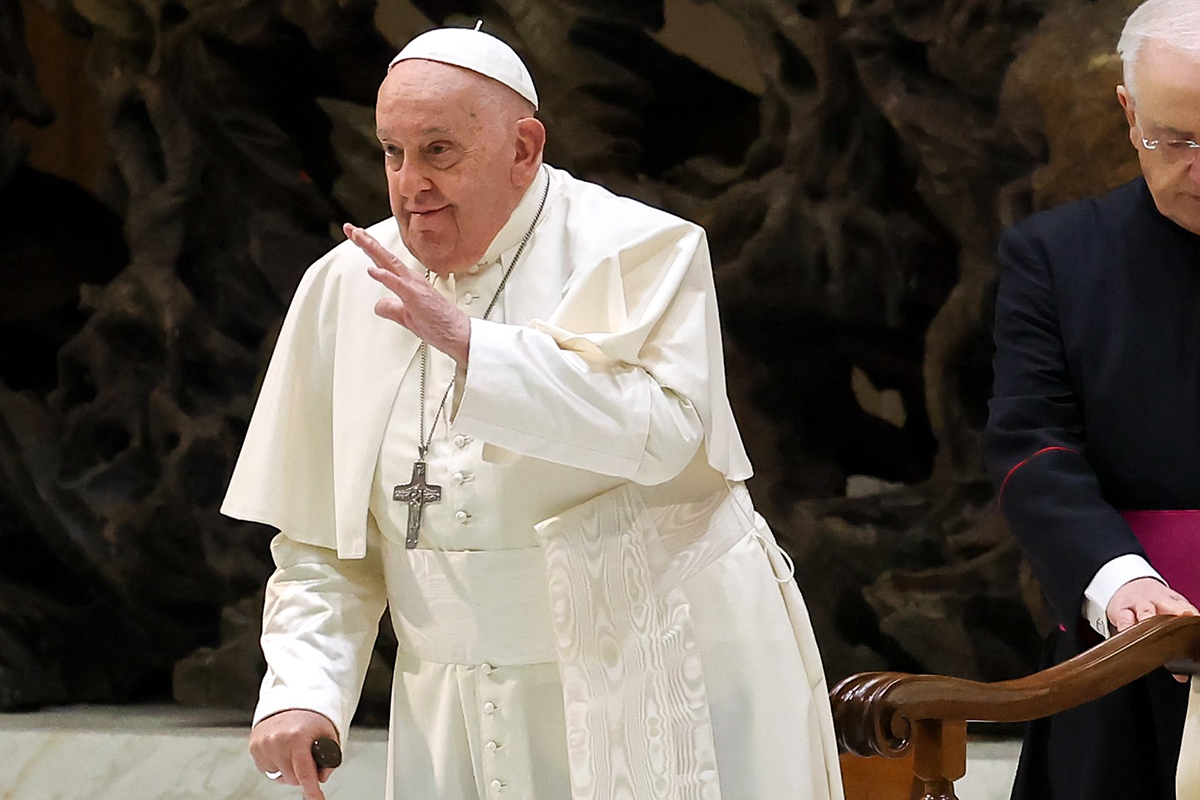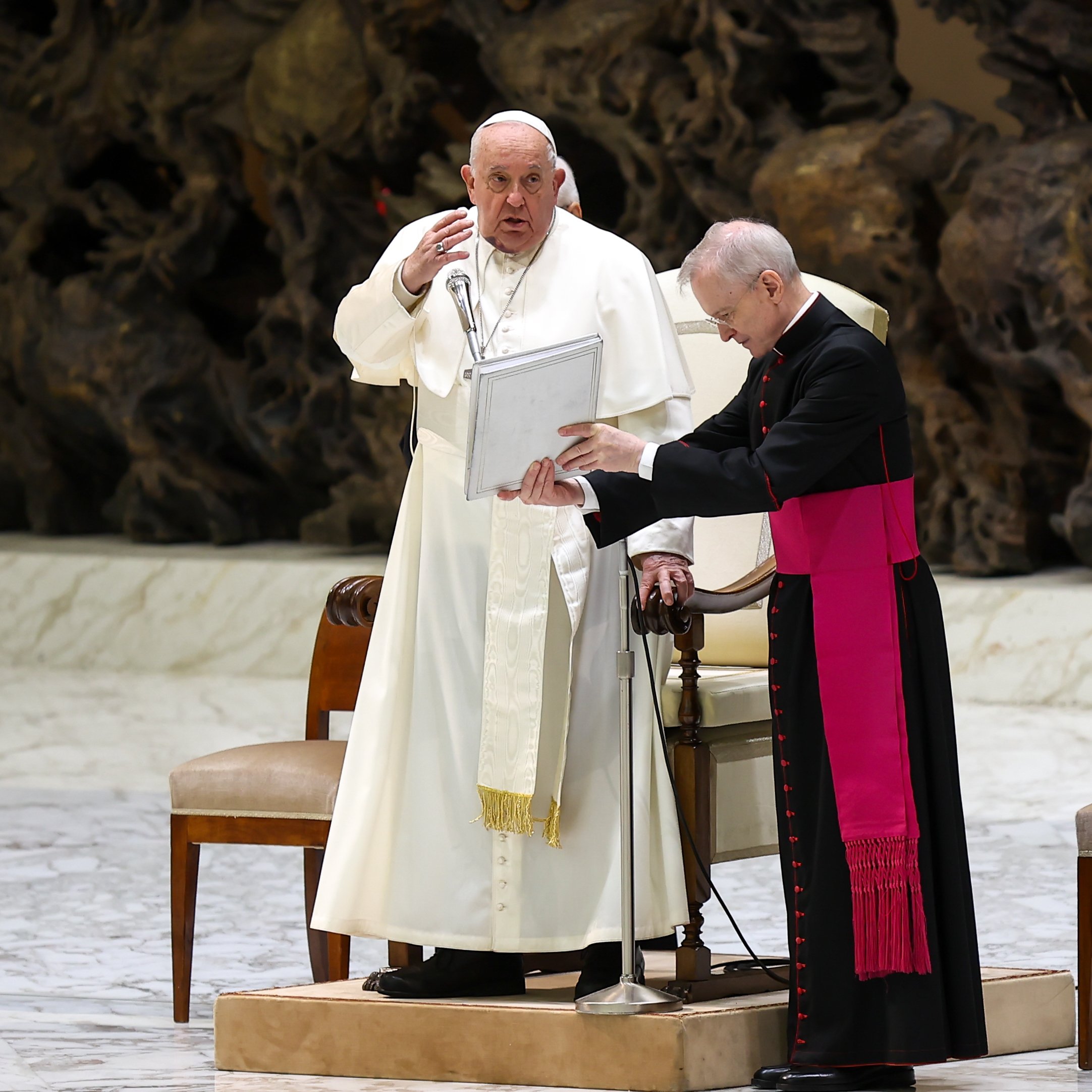SERVE THE LORD WITH GLADNESS | Let’s use our freedom to serve the Lord
In readings this week, St. Paul asks the Galatians if they are using their freedom in the way Christ intends

Dear brothers and sisters in Christ,
Twice, in this week’s readings, we hear St. Paul’s ringing cry: “For freedom Christ set us free.”
St. Paul was challenging the Galatians with a question: Are you using your freedom the way Christ intends, or in ways that contradict your Christian identity?
It’s a challenge we should hear, as well. How might we analyze our lives to find the answer?
Psalm 119, which we hear this week, gives us one way of carrying out the analysis. Psalm 119 is, by far, the longest Psalm because of the way it’s set up. It has 22 stanzas — one for each letter of the Hebrew alphabet. Each stanza is composed of eight verses, and every verse begins with the same Hebrew letter. Finally, each verse contains one word for “God’s instruction” — like law, or edict or command. It’s thorough, systematic and creative. One hundred and seventy-six verses focus our attention on God’s law from every conceivable angle, always asking, implicitly: “Does this delight in God’s law describe your life or not?”
Of course, analyzing our lives with the alphabet might seem a bit artificial to us. Maybe something closer to the mark was carried out by our seminarians a few years ago when, for a couple of days, they all kept track of how they spent their time, broken down into 15-minute increments. When everyone turned in their timesheets there was a total of 184 days’ worth of data — certainly enough to get a sense of what a seminarian’s average day is like. Then the seminarians, teachers and administrators stood back, looked at the typical day together and asked: “OK, this is how a seminarian actually spends his time. Is this how we want him spending his time — is this the best use of it?”
The point is not so much what they found. (Though you might be encouraged to hear that, on average, a seminarian spends more than three-and-a-half hours in prayer and more than five-and-a-half hours studying every day.) The point is: What would each of us find if we carried out a similar analysis of our time? What if we looked at how we spend our time and asked, for every 15-minute increment: “Is this the freedom for which Christ set me free?”
I think all of us might find some challenges if we carried out that exercise!
We celebrate the feast of St. Callistus on Oct. 14. He was, originally, a Roman slave. When he became free, how did he use his freedom? He became a deacon, and then the pope, and then a martyr. In other words, he used his freedom to serve the Lord, to serve the people, and to give witness to the Gospel.
That was almost 1,800 years ago: St. Callistus was pope from 218-222 A.D. Perhaps we could follow his example: each of us, in our own way, using our freedom to serve the Lord, to serve people, and to give witness to the Gospel. That’s the freedom for which Christ set us free.
Dear brothers and sisters in Christ, Twice, in this week’s readings, we hear St. Paul’s ringing cry: “For freedom Christ set us free.” St. Paul was challenging the Galatians with … SERVE THE LORD WITH GLADNESS | Let’s use our freedom to serve the Lord
Subscribe to Read All St. Louis Review Stories
All readers receive 5 stories to read free per month. After that, readers will need to be logged in.
If you are currently receive the St. Louis Review at your home or office, please send your name and address (and subscriber id if you know it) to subscriptions@stlouisreview.com to get your login information.
If you are not currently a subscriber to the St. Louis Review, please contact subscriptions@stlouisreview.com for information on how to subscribe.






